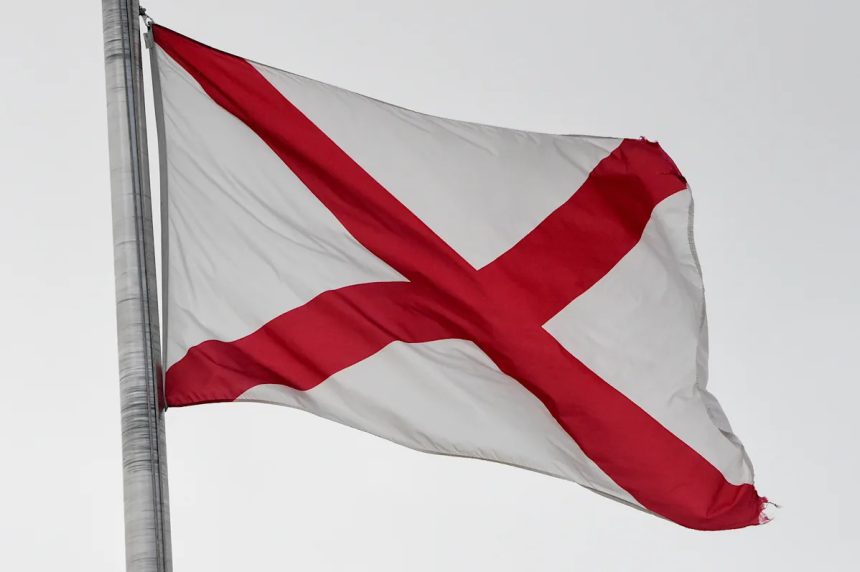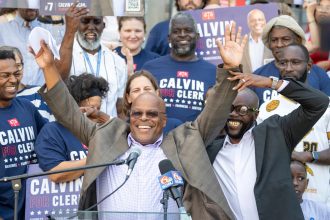Men with ties to Alabama will be honored in Birmingham for their life’s accomplishments.
The Alabama Men’s Hall of Fame will induct three new members on Sept. 16. “The purpose was to recognize those men native to or identified most closely with the state of Alabama who have made significant contributions on a state, national or international scale within their professional field of activity or concern,” said Ann Vrocher, executive secretary of the hall.
Formed by Legislative act in 1987, the hall is housed at Harwell Goodwin Davis Library on Samford University’s campus in Birmingham. Members of the hall are as varied as Martin Luther King Jr., Sequoyah, Cherokee leader and educator and Winton “Red” Blount, former U.S. postmaster and patron of the arts in Montgomery.
So why is it important to honor men with ties to the state? The answer is simple, said Richard Bailey, a prominent Montgomery historian and author and member of the hall’s board of directors.
“It’s to ensure that no one gets overlooked,” Bailey said.
Three men with Alabama ties will be inducted into the Alabama Men’s Hall of Fame this year.
The idea for the men’s hall of fame came from efforts of the Birmingham Women’s Committee of 100, he said. The men’s hall of fame was to be a mirror of the already existing Alabama Women’s Hall of Fame.
“The effort is to honor men who made great contributions, those who are native to Alabama or who have ties to Alabama,” Bailey said. “To make their great accomplishments known.”
More: Months of road work ahead along prominent Alabama highway. What to expect
Nominations for hall members come from the public, and the only requirement is the person nominated must have been dead for at least two years.
2025 Alabama Men’s Hall of Fame inductees

Andrew Jackson Beard
Andrew Jackson Beard (1849-1921) was an inventor and entrepreneur from Jefferson County, Alabama. Born into slavery in 1849, Beard gained his freedom as a teenager and began working as a farmer and carpenter. Despite limited formal education, he had a natural talent for mechanics and engineering. Beard is best known for inventing the “Jenny Coupler” in 1897. This device revolutionized railroad safety by allowing train cars to automatically connect without the need for a worker to manually link them — a dangerous task that often led to serious injury or death, which Beard often witnessed. His invention greatly improved conditions for railroad workers and earned him national recognition. His contributions highlight the ingenuity and perseverance of Black inventors during a time of great racial and social challenges in America.

John L. LeFlore
John L. LeFlore (1903-1976) was a pioneering civil rights leader and political figure whose work reshaped Mobile, Alabama’s social and political landscape. In 1925, he revitalized the local chapter of the NAACP, transforming it into one of the most active in the state. LeFlore also co-founded the Non-Partisan Voters’ League, continuing his advocacy for civil rights and voter participation. His efforts included organizing lawsuits that led to the desegregation of Mobile County’s Schools and challenging the city’s at-large voting system, both of which reached the Supreme Court. LeFlore’s public service continued as he was elected to the Alabama House of Representatives in 1974 until his death in 1976. His legacy endures in Mobile, where a high school bears his name and where a statue commemorates his partnership with fellow civil rights advocate Joseph Langan. His impact on the state’s journey towards civil rights has been profound.
Charles A. “Scotty” McCallum Jr., DMD, MD (1925-2021) , better known as “Scotty,” was a visionary and transformative leader in Alabama’s medical and civic communities. Following a career that included several distinguished roles at the University of Alabama at Birmingham, he served as the university’s third president. McCallum was instrumental in expanding UAB’s medical and academic programs and played a key role in establishing the University’s football program in 1991. McCallum also served two terms as mayor of Vestavia Hills from 2000 to 2008, where he led initiatives resulting in the annexation of Cahaba Heights and the development of city parks and infrastructure. He was best known for his humility and dedication to his family and was respected for his commitment to community service. McCallum’s legacy is marked by his servant leadership and his belief in making the world a better place through kindness and serving others.
Contact Montgomery Advertiser reporter Marty Roney at mroney@gannett.com. To support his work, please subscribe to the Montgomery Advertiser.
This article originally appeared on Montgomery Advertiser: Alabama Men’s Hall of Fame to induct three new members









